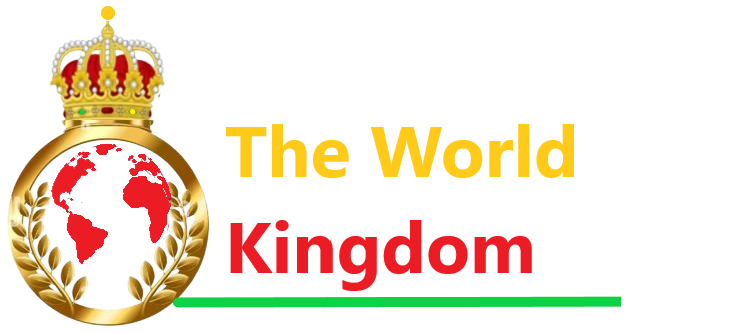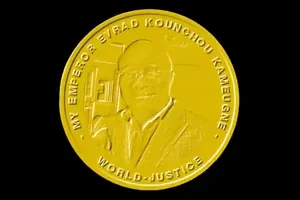Global Governance Program Initiatives
Global governance of the World Kingdom refers to the collaborative management of global affairs by various actors, including states, international organizations, non-governmental organizations (NGOs), and the private sector. It encompasses a wide range of activities aimed at solving problems that transcend national borders and require collective action. In today’s interconnected world, where challenges such as Climate change, poverty, unemployment, economic inequality, financial constraints, disparities in access to healthcare, pandemic, geopolitical tensions, inadequate regulation, trade disparities, energy access and security, natural disasters, security threats and environmental degradation. The importance of global governance of the World Kingdom cannot be overstated. Its effectiveness is based on the principles of international collaboration, mutual respect, and shared responsibility among different stakeholders.
The World Kingdom represents a novel framework aimed at transforming global governance by emphasizing the principles of Inclusivity, Accountability, Transparency, Sustainability, Cultural diversity, Prosperity and the International Rule of Law. These principles guide the interactions between different actors and foster cooperation, ensuring that diverse perspectives are considered in decision-making processes. In an era marked by rapid technological advancements and heightened interdependence among nations, this concept proposes a unified governance structure that transcends traditional borders and power dynamics. It seeks to create a collaborative environment, bringing together diverse nations, cultures, and communities under a common umbrella.
Benefits and Comprehensive Goals
The World Kingdom global governance solutions offer several key advantages for addressing complex challenges that transcend national borders. These solutions involve promoting international collaboration and effective governance. Pursuing comprehensive and multidimensional goals aimed at meeting global needs and aspirations. Strengthening unity among nations. Establishing a platform for cross-border cooperation, encouraging and strengthening diversity, assisting in emergency relief operations, maintaining international peace and security, contributing to trade and investment, and taking into account the principle of sustainable development in the context of economic progress and environmental protection. Combating climate change. Harmonizing regulations and reducing trade barriers. Stabilizing global financial systems. Promoting fair trade and combating poverty. Contributing to investment and development, Improving access for marginalized populations, promoting inclusive economic growth, and ensuring equitable development for all. Strengthening cooperation among nations and different actors (including governments, civil society, and the private sector) to address shared risks and develop innovative solutions to complex problems such as the digital economy and environmental protection. Strengthening trust and transparency. Sharing knowledge and expertise. Nations can learn from each other’s successes. Strengthening accountability and legitimacy.
Additionally, the model enhances diplomatic relations, leading to a more unified response to international crises. With a shared governance structure, member states may find it easier to negotiate and implement solutions to global emergencies, as the interests of all parties are considered within a cohesive framework. This could lead to more stable geopolitical relations, as countries work collaboratively rather than competitively, thus fostering peace and stability worldwide.













